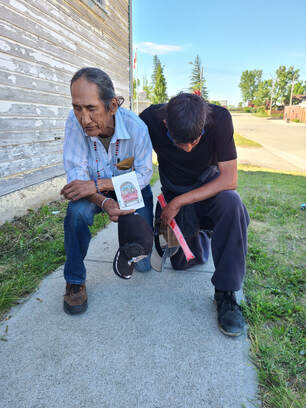 Patrick Crowchild, TSUUT'INA Elder, member of Franciscan and Friends Ministry, prayed for street people in Siksika who struggle with addiction. Patrick Crowchild, TSUUT'INA Elder, member of Franciscan and Friends Ministry, prayed for street people in Siksika who struggle with addiction. “We’re not Bible thumpers. Our job is to love, not judge,” said Denis Grady about Franciscan and Friends, a southern-Alberta mission team founded by Grady in 2002 who are currently working to support initiatives for Indigenous people within and outside of the church in southern Alberta. When I caught up with Grady, he and a photographer friend were in Lethbridge, shooting promotional photos for their friend’s Indian Relay. He talked about how this was something that wanted to help with. The plan is to take photos of the young men on horseback, dressed in regalia to make promotional materials. The Indian Relay is to give young aboriginal men something athletic to do that also connects them to their culture, which is just one of the things Grady and his team have lent support to in recent years. “Francisan and Friends is part of imparting the love of Christ to a hurting world,” said Grady. It is taking the words attributed to St. Francis, “preach the Gospel at all times, and if necessary, use words,” and building on them with actions, he said. After spending time on missions to the Caribbean, where they were invited for many years to visit prisons, schools and churches, Calgary-based Grady and his team have turned their attention closer to home. Many of us are now more familiar with the issues that Indigenous people are facing because of the uncovering of unmarked graves at former residential school sites across Canada. It filled my heart with sorrow to read and learn more about Residential Schools these past few months, but as my older children began to ask questions about what they heard on the news, I felt it was my duty to educate myself and them as soon as possible. “It is on all of us to educate ourselves and learn the history of indigenous people in our country,” said Grady, who has heard from his indigenous friends firsthand what their experiences were at residential school. Now that we have the knowledge, the question of what to do is on many of our minds. “I want to help,” I recently wrote to a friend, “If there was something I could get behind, I’d do it in a heartbeat.” This is why I was happy to be connected with Franciscan and Friends. Someone has to do the actual work of reconciliation, and organizations like this might just be a tangible way we can continue that work. Grady was invited in 2015 by Sr. Rita Kim, Coordinator of the Diocesan Mission Council to liaise with Indigenous people and parishes in the Diocese of Calgary. He connected with Fr. Long Vu, parish priest at Holy Trinity on the Siksika First Nation in Cluny, and Fr. Roy Jayamaha, parish priest on the Piikani First Nation in Brocket, Alberta. For the past year, he and several of his team have been part of the St. Kateri Fellowship, a celebration of art, live music, and recovery. “It is made up of people who’ve found sobriety through faith,” he said. This month, Grady and a network of 30 to 40 volunteers will hold a First Nations Music camp, which last year was a great success. 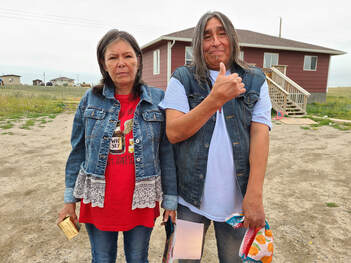 Alden & Leita Sunwalk, Siksika Nation, members of the First Nations Music Project Alden & Leita Sunwalk, Siksika Nation, members of the First Nations Music Project “We had a woman come with crafts for kids, and it was amazing – they were putting their phones down and doing art work,” he said, noting that engaging people in doing things, whether it is making music or creating art is part of the ministry along with simply fostering community. It is through community and connection that Franciscan and Friends does its work. I grew up in a community adjacent to a Reserve. I attended a Catholic school side-by-side with Indigenous students. At school we learned about their traditions, with beautiful jingle dancers, drums, dance, their traditional foods, beadwork and legends. We became friends. During that time though, I did not learn anything about residential schools. I was enthralled for a time with these beautiful girls in my class and their funny and interesting ways. But as I grew up, there was a separation that occurred. I couldn’t say it was blatant racism, but I can identify the thoughts and actions of people around me as a barrier. It was like being stuck on one side of a fence, while indigenous friends and neighbours were on the other. I don’t feel entirely innocent in this matter, and the more I read and learn, the more I realize how ignorant I have allowed myself to be. When I grew up, I had several sad encounters – in one instance, being directly accused of racism that I never felt, but perhaps because I was unaware of my privilege as a non-minority, fell into the trap of being desensitized to the struggle that exists for Indigenous friends today. I eventually learned about residential schools and the involvement of the Church I called home. I will admit though that I filed it away as “a long time ago.” Now I feel like I’ve awakened to a nightmare. I regret my willful ignorance. I regret the times that I could have held out my hands in friendship but did not. All of these memories resurfaced while in conversation with Grady, who said, “if you want to keep being at war, keep your distance,” adding that at first, he had a bit of anxiety about visiting the reserves, but now he looks forward to it because of relationships. “I’m going there to see my friends, and know we’re going to make music and laugh together.” Growing up, I remember a few well-meaning people complaining that it was impossible to work on the reserve because “the people don’t trust us.” Now that I am an adult, I know why a person might be met with distrust. I wouldn’t have trusted my past self with the attitudes and beliefs that I held. This history of well-meaning people trying to offer help is stained by a history of oppression of Indigenous people. I asked Grady if building trust is something he struggled with. When he first began trying to lend support, he said that there was a question of sincerity. “One person at a time,” Grady said, they have made friends and have simply supported people in doing good. From what I have gathered in talking with Grady, it is about being authentic, and not having an agenda. “It’s time to mix,” he said, referring to the separation and the “us and them” mentality, “and to not sabotage (efforts to do good).” “When we began, it was basically about setting the stage and hoping people would come. And people came,” he said, referring to all of their partnerships; the St. Kateri Fellowship groups on the Siksika and Piikani nations, the First Nations Music Camps at Rafter Six ranch in Cowley, AB; to an upcoming art show; and to Friday Nights at the Bovies in the Bullhead Hall, Tsuut'ina. For one event, “we brought down a bunch of harmonicas and gave lessons, and discovered some talented people to make music with.” In Brocket, a Catholic Indigenous friend pointed out to Grady that there is a shrine to Our Lady built by the Oblates over 75 years ago, which the community has devoted time and energy to restoring “with the vision and inspiration to restore processions and the Rosary.” “The faith of Indigenous people is varied,” said Grady, meaning that “there are devout Catholics who love the Eucharist and the Rosary, and those who practice in traditional ways, calling on the Creator and using the medicine wheel,” but for Franciscan and Friends, that doesn’t present a problem. “It’s about being open,” he said. He’s not just talking about being open to people, but being open to the Holy Spirit. For him, a big part of that is providence and seeing God work through their efforts. The core group of Franciscan and Friends prays the Rosary together and “lives a sacramental life.” Living by providence means that they don’t worry about some things, “we allow God to take care of it,” he said, giving an example of when they were to put on a Christmas dinner for single mothers in the Siksika. “We had someone donate twenty turkeys, but then were faced with how we would cook them. Then along comes someone who had a bakery and it turns out that they could cook forty turkeys.” Grady is humble when he talks about the work of his ministry. He attributes the good things to the Holy Spirit, and to the people of the First Nations within our Church and outside of it. Helping hands, community, music and initiatives that uplift indigenous communities will continue to grow if we can leave agendas at home, admit our ignorance, educate ourselves and just hold out our hands in friendship.
1 Comment
David Richard Swann
8/12/2021 07:43:58 pm
Terrific ministry. Thankyou all!
Reply
Your comment will be posted after it is approved.
Leave a Reply. |
Author
Catholic Pastoral Centre Staff and Guest Writers Archives
July 2024
Categories
All
|
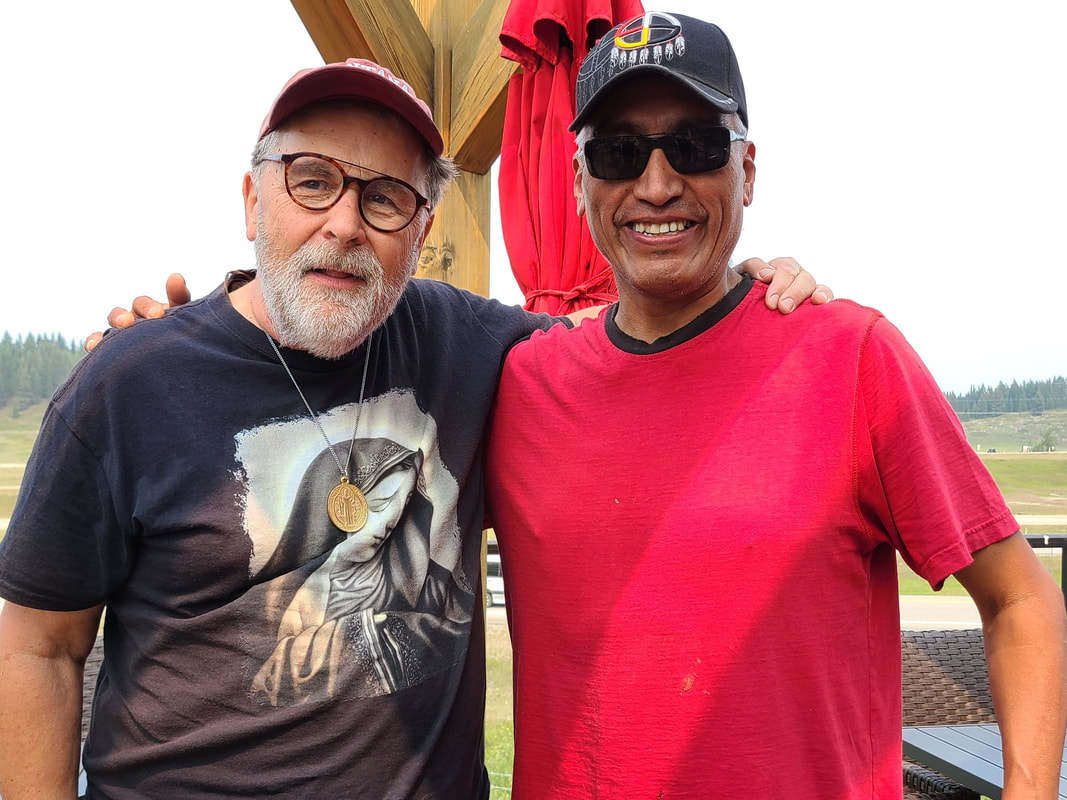
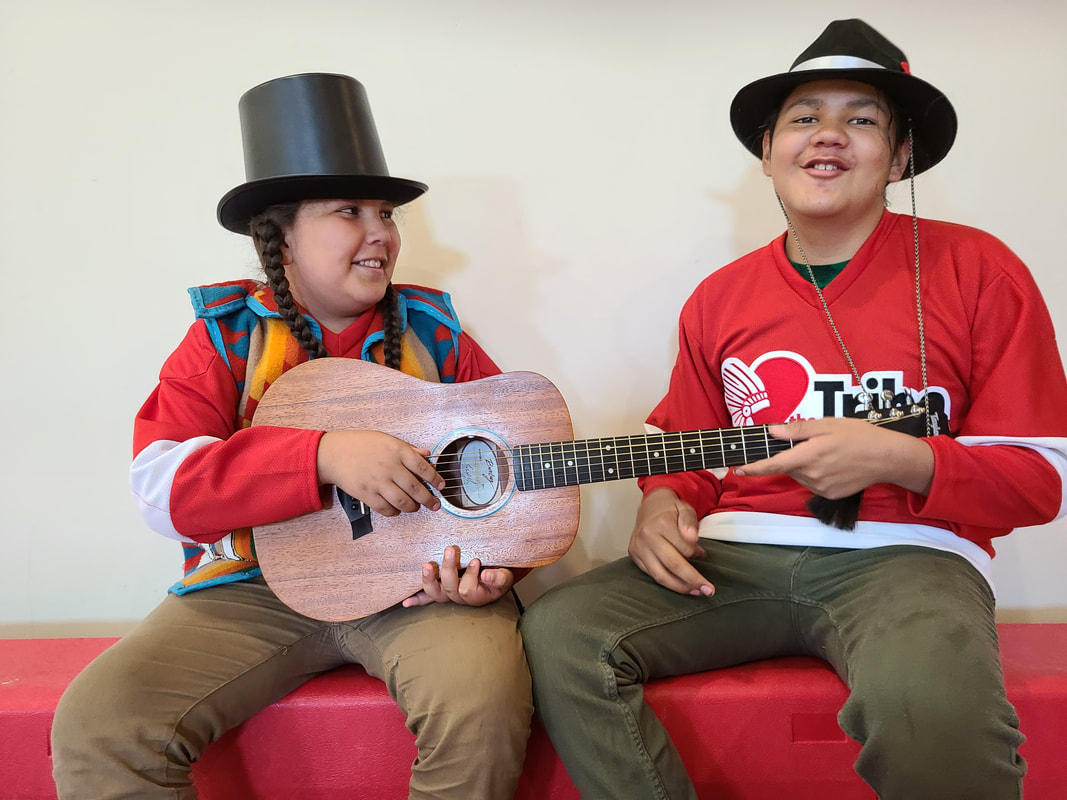
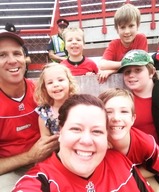
 RSS Feed
RSS Feed